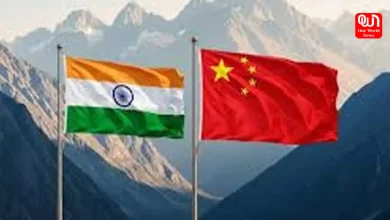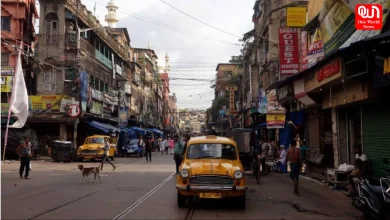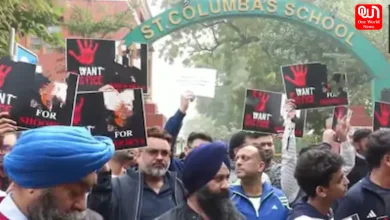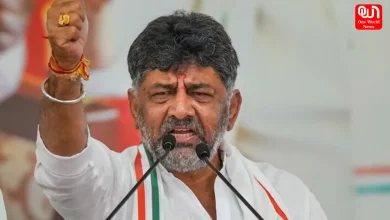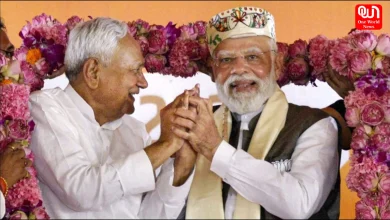Top Indian Economists who Transformed India
Here Is the List of the Top 7 Economists Who Transformed the Indian Economy.
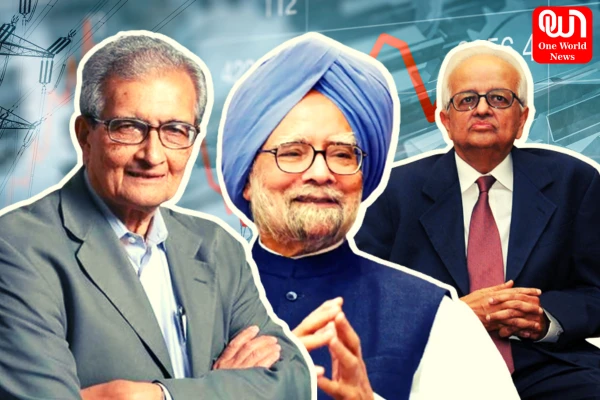
Know About the Top Indian Economists Who Transformed India and Shaped Its Economy
The Indian economy, which is the third largest in the world in terms of purchasing power, is going to touch new heights in the coming years. Some great Indian economists transformed India and as a result of this, we have seen a boost in the Indian economy.
As predicted by Goldman Sachs, the Global Investment Bank, by 2035 India would be the third largest economy in the world just after U.S. and China. It will grow to 60% of the size of the U.S. economy. This booming economy of today has passed through many phases before it achieved the current milestone. But who are the people behind building a stronger Indian economy? India has produced some of the best economists in the world.
Here Is the List of the Top 7 Economists Who Transformed the Indian Economy:
1. Bimal Jalan
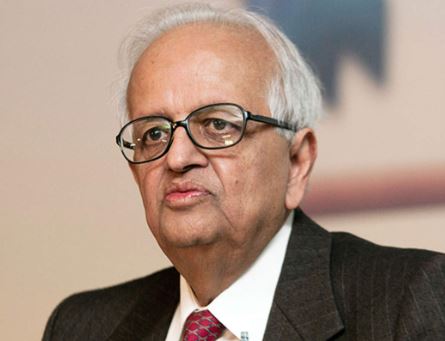
Apart from being the Chief Economic Adviser to the Indian government in the 80s, Dr. Bimal Jalan has also been one of the most popular RBI Governors. He served as the central bank chief between 1997 and 2003 – a period of economic turmoil for the nation. Later, he was nominated for the post of the Member of Parliament at the Upper House/Rajya Sabha. Educated at the Presidency University, Kolkata, and the University of Oxford, Jalan was responsible for the introduction of the Rs. 1,000 note in India.
2. Dr. Raja Chelliah
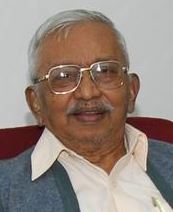
The founder and Chairman of the Madras School of Economics, Dr. Raja Jesudoss Chelliah was one of the top economists this country has produced. Armed with a master’s degree in economics from the University of Madras and a Ph.D. from the University of Pittsburgh, Chelliah went on to become one of the top consultants in public finance anywhere in the world.
Having served in an advisory capacity with the government of Papa New Guinea and several other countries, Chelliah became the father of the direct taxation reforms in early India. He was honored with the Padma Vibushan in 2007 and died in 2009.
3. N. Raj
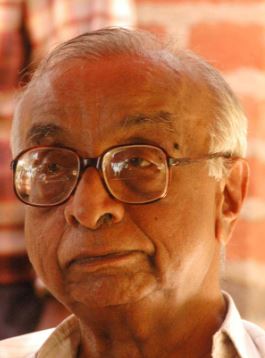
Born in Kerala as Kakkadan Nandanath Rajan but popularly known as K. N. Raj was a famed Indian economist who drafted sections of India’s first Five Year Plan, specifically the introductory chapter at the young age of 26. He was the one to carve out a plan to raise India’s rate of savings in the post-Second World War period when the country needed foreign aid. He was the one to compute India’s Balance of Payments for the first time for the Reserve Bank of India.
He also acted as an advisor to former prime ministers including Jawaharlal Nehru and P.V. Narasimha Rao. Dr. Raj was attributed to setting up institutions like the Delhi School of Economics (DSE) and the Centre for Development Studies at Thiruvananthapuram. These intuitions acquired an international reputation for applied economics and social science research. He was awarded Padma Bhushan in 2000 for his revolutionary contributions.
4. Dr. Amartya Sen
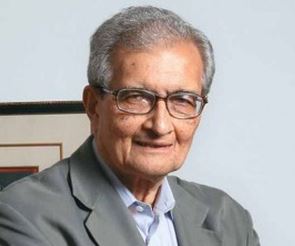
Presidency University (Kolkata) educated Dr. Amartya Kumar Sen bagged a Nobel in Economic Sciences in 1998. He was also awarded the Bharat Ratna in 1999. Some of his major studies in the world of economic philosophy include Development as Freedom and his book called Inequality Examined.
Sen has endeavored to understand the economic gap between the classes through a historic perspective and worked towards resolving or bridging these in a contemporary context. Despite having a busy academic career of teaching at various universities across the globe, Sen has remained embroiled in many political debates and managed to remain in the news.
5. Dr. Manmohan Singh
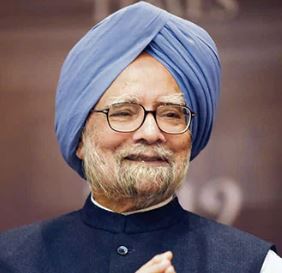
Former Prime Minister Dr. Manmohan Singh is one of India’s leading economists and is known to have been the brain behind India’s socio-economic reforms and economic liberalization. Having received his doctorate in economics from the University of Oxford, Singh served as the RBI governor and as the Chief Economic Adviser of the GoI before taking over as the Finance Minister in the P. V. Narasimha Rao government. Despite his great success as the Finance Minister and his reputation as a reform-oriented economist, Singh failed spectacularly in his role as India’s Prime Minister as his government remained marred by various scams and highly corrupt practices.
Read more:- Top 10 Young and Influential Women Politicians in India
6. Dr. Raghuram Rajan
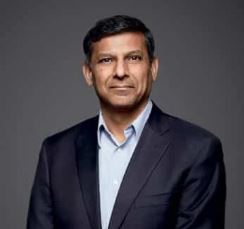 Dr. Raghuram Rajan is currently India’s 23rd RBI chief and was previously the Chief Economic Adviser of the Ministry of Finance. He made a name for himself as the Chief Economist of the International Monetary Fund between 2003 and 2006. Rajan was one of the few economists in the world who predicted the global economic collapse of 2008. In India, as the RBI governor, Rajan has been credited with bringing back stability to the volatile domestic currency and keeping credit rates well-controlled to boost economic growth.
Dr. Raghuram Rajan is currently India’s 23rd RBI chief and was previously the Chief Economic Adviser of the Ministry of Finance. He made a name for himself as the Chief Economist of the International Monetary Fund between 2003 and 2006. Rajan was one of the few economists in the world who predicted the global economic collapse of 2008. In India, as the RBI governor, Rajan has been credited with bringing back stability to the volatile domestic currency and keeping credit rates well-controlled to boost economic growth.
7. Dr. Arvind Subramanian
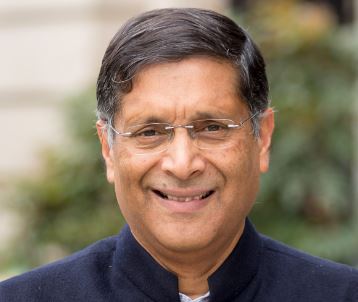
Dr. Arvind Subramanian is currently working as the Chief Economic Adviser with the Indian government. An MBA from the Indian Institute of Management, Ahmedabad, and a D.Phil from the University of Oxford, Subramanian also served as the GATT and the Director of Research at the International Monetary Fund.
His proximity to RBI Governor Rajan and his take on Indian trade development make him one of the leading figures in the current Indian economic scenario. India Today magazine ranked him among the top 30 Masters of the Mind in India over the past three decades.
Like this post?
Register at One World News to never miss out on videos, celeb interviews, and best reads.

